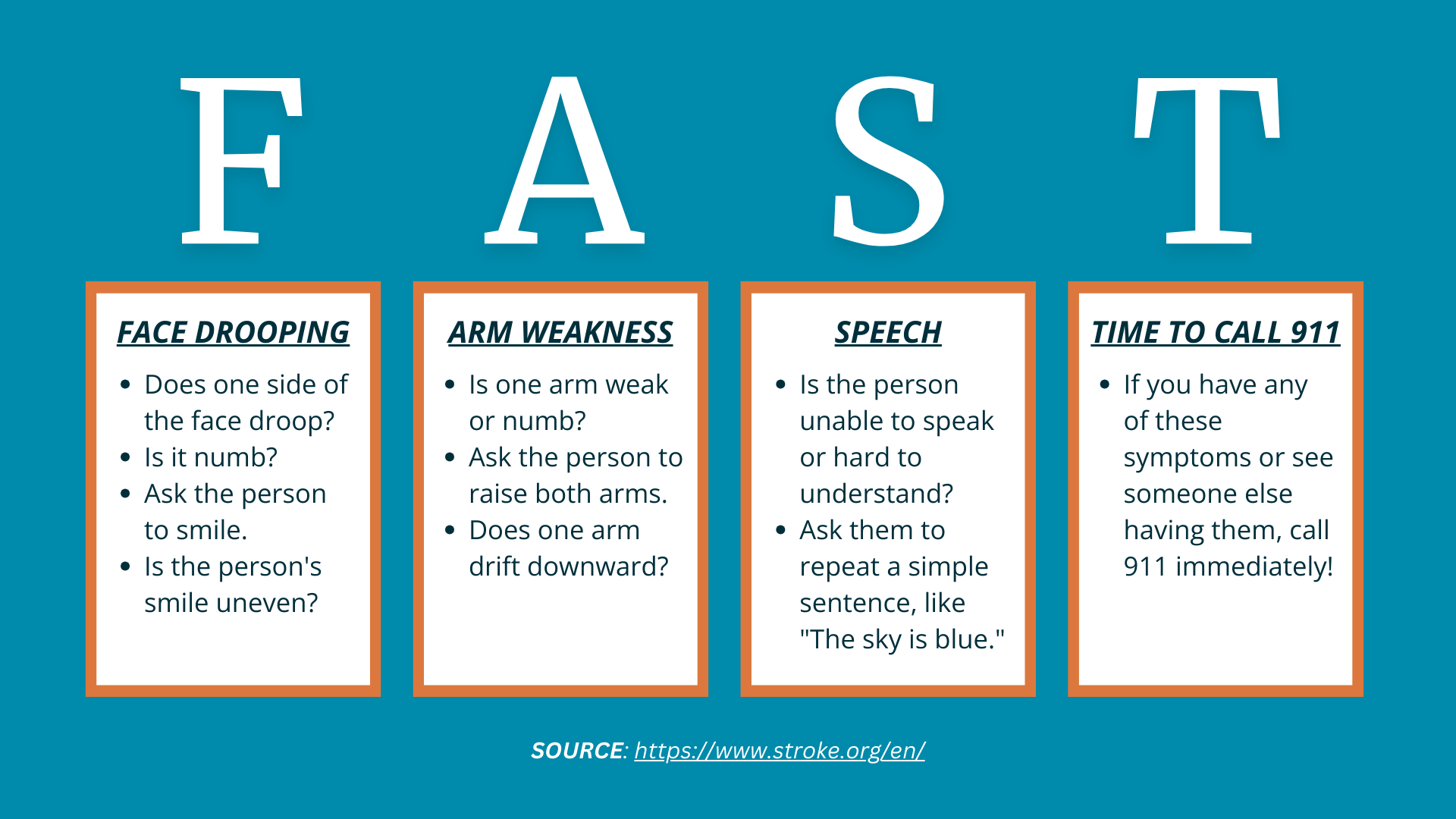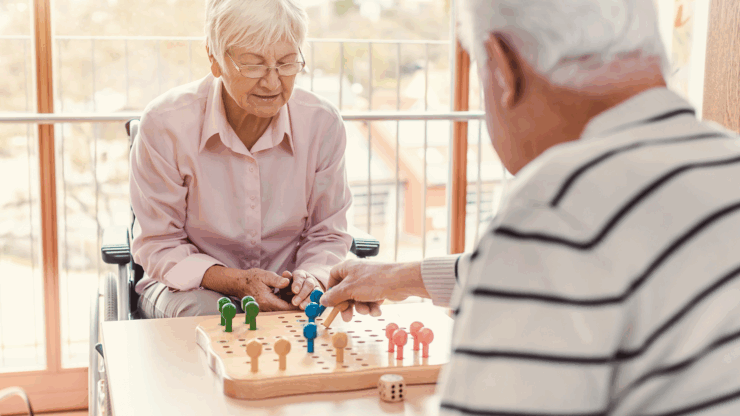
Understanding Strokes in the Golden Years
Key Takeaways
- Stroke risk increases with age and can lead to lasting physical or cognitive changes.
- Warning signs include sudden numbness, confusion, trouble speaking, or loss of balance.
- Fast medical response improves recovery chances and outcomes.
- Rehabilitation often involves mobility support and lifestyle changes.
- LifeWorx caregivers help with recovery routines and daily assistance at home.
Strokes affect millions of people around the world each year. They are potentially life-threatening emergencies, and prompt medical intervention is crucial to mitigate lasting harm or death. Understanding the risks, symptoms, and impacts of strokes is essential for effective management and potential recovery for you and your loved ones.
What is a stroke?
A stroke occurs when the blood supply to the brain is disrupted, leading to a sudden loss of function in the affected areas of the brain. There are three main types of strokes:
- Ischemic: This is the most common type of stroke, caused by a blockage in a blood vessel supplying the brain, usually due to a blood clot or fatty deposits.
- Hemorrhagic: This occurs when a blood vessel in the brain bursts, leading to bleeding in or around the brain.
- Transient Ischemic Attack (TIA): Often considered a “warning stroke.” A TIA is a temporary period of symptoms similar to those of a stroke. While TIAs don’t cause permanent damage, they are a warning sign of potential future strokes.
Risk factors and symptoms
There are various factors that can increase the risk of experiencing a stroke. These include high blood pressure, smoking, diabetes, high cholesterol, and a family history of stroke. It’s important to be aware of common symptoms, which can be remembered by using the acronym FAST:

The impact of strokes on seniors
Anyone can experience a stroke, from children to adults, but they are more prevalent in individuals over the age of 65. Changes in blood vessels because of aging, along with a higher probability of chronic conditions like hypertension or diabetes, contribute to an increased risk of stroke.
A stroke can lead to difficulties with memory, reasoning, and problem-solving. Physical impairments may include paralysis or weakness on one side of the body, difficulty with coordination and balance, and problems with speech and communication. Strokes can also impact mental health, leading to depression, anxiety, and personality changes in seniors.
Dealing with a stroke can take a heavy emotional toll on both the individual and their family. The combination of physical, cognitive, and emotional impairments often means that seniors need help with activities of daily living such as bathing, dressing, cooking, and managing medications.
The role of in-home care services
Given the nature of recovery, many seniors require specialized support to regain independence and manage their lives. In-home care services can play a crucial role in the recovery and ongoing support for seniors who have experienced a stroke. The support these services offer can make a big difference in the quality of life for stroke survivors and their families. Here are some ways in-home care services can assist seniors:
- Personalized care: In-home care provides tailored support based on the needs of the individual. This can include assistance with daily activities, physical therapy exercises, and medication management.
- Emotional support: Caregivers offer companionship, emotional support, and help reduce feelings of loneliness and depression. They can also engage seniors in social and recreational activities, which are crucial for their recovery and overall well-being.
- Safety and comfort: Strokes can leave seniors vulnerable to falls and other accidents. In-home care services can ensure seniors live in a safe and comfortable environment by assessing potential hazards, modifying homes as needed, and providing supervision to prevent accidents.
Recovering from a stroke can be challenging, but LifeWorx is here to provide specialized support for seniors. Our caregivers are dedicated to helping seniors regain their independence in the safety and familiarity of their own homes. We understand how difficult this journey can be, and we are here to help every step of the way. Contact a LifeWorx client relations manager today to ensure your loved one gets the support they need.

















